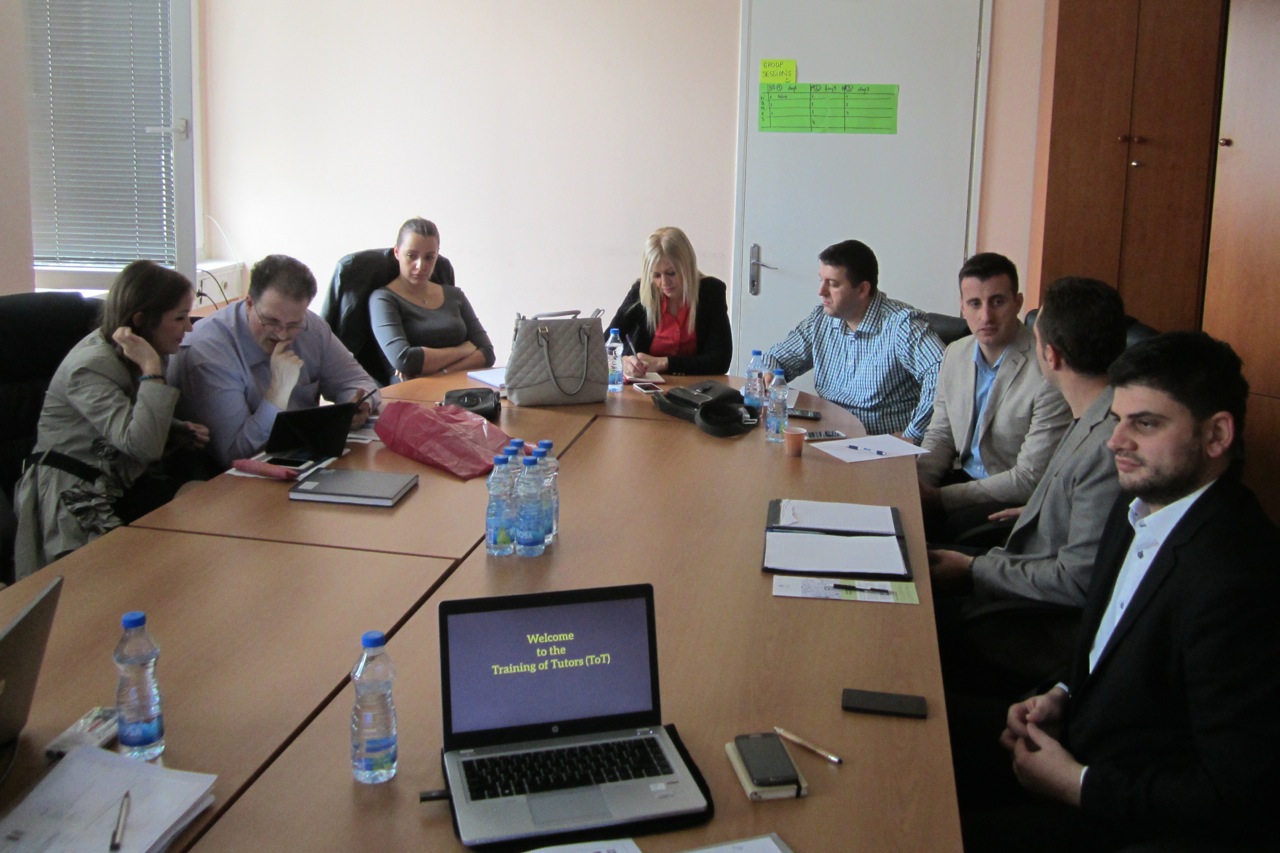Public Finance for Development in Montenegro
SINCE: 2010
Slovakia has gained a solid reputation in Montenegro by supporting the country in the process of gaining its state sovereignty. In the context of Slovak development cooperation efforts, Montenegro was assigned a priority country status in the national ODA strategy in 2009. Montenegro is no longer explicitly defined as a priority country in the current strategy, but the Western Balkans is included among priority territories.
ACTIVITIES: The activities in Montenegro have been guided by local strategic materials. Within the first comprehensive support from Slovakia, the Ministry of Finance of Montenegro received assistance with improving the public sector accounting and reporting systems. As of late, the cooperation has expanded to include new areas, such as capacity building to increase gambling revenues, strengthening effective public financial management at the local level, macro-economic and fiscal forecasting, and public debt management.

I. Reform of Public Accounting and Reporting
Governmental accounting is gradually moving to accrual accounting, given that the original accounting system (based on a modified cash basis) does not fully meet the requirements for information by the EU and international financial institutions. The Strategy for the transition to accrual accounting was adopted in March 2015. Furthermore, the Government adopted an Action Plan for the establishment of a single state property register, as the exhaustive recording of state assets is one of the necessary preconditions for proper functioning of accrual accounting.
The project provides the Ministry of Finance with technical assistance in preparing the legislative and procedural preconditions for the transition to accrual accounting, while increasing capacities of the Ministry and other central government authorities to apply accrual accounting and reporting under the International Public Sector Accounting Standards (IPSAS).
II. Transparent and Accountable Public Finance at the Local Level
Local self-governments in Montenegro find themselves in a difficult situation, characterized by indebtedness and outstanding liabilities which cause many problems in their functioning and service delivery. The reasons are numerous. Among them are regulation changes governing the financing system of local self-governments, and a high level of public spending at the local level. Changes in the local–level government regulations bring new obligations and possibilities.
The Public Finance for Development programme provides technical assistance based on the Slovak experience within the public finance management areas in order to improve the PFM on the local level and make use of the opportunities for local development.
III. Budget support – gambling regulation
From 2018 to 2021, the Ministry of Finance of the Slovak Republic provided 1 million EUR for sectoral budget support to cover the budget deficit of Montenegro. The mutually agreed indicators of the budget support contract focus on improving the conditions of electronic fiscalization in gambling and taxing. The financial support is directly linked to the provision of technical assistance based on the Slovak expertise. The aim is to provide capacity support to the Montenegrin Games of Chance Administration, and to online supervision, i.e. software solutions to track gambling revenues.





